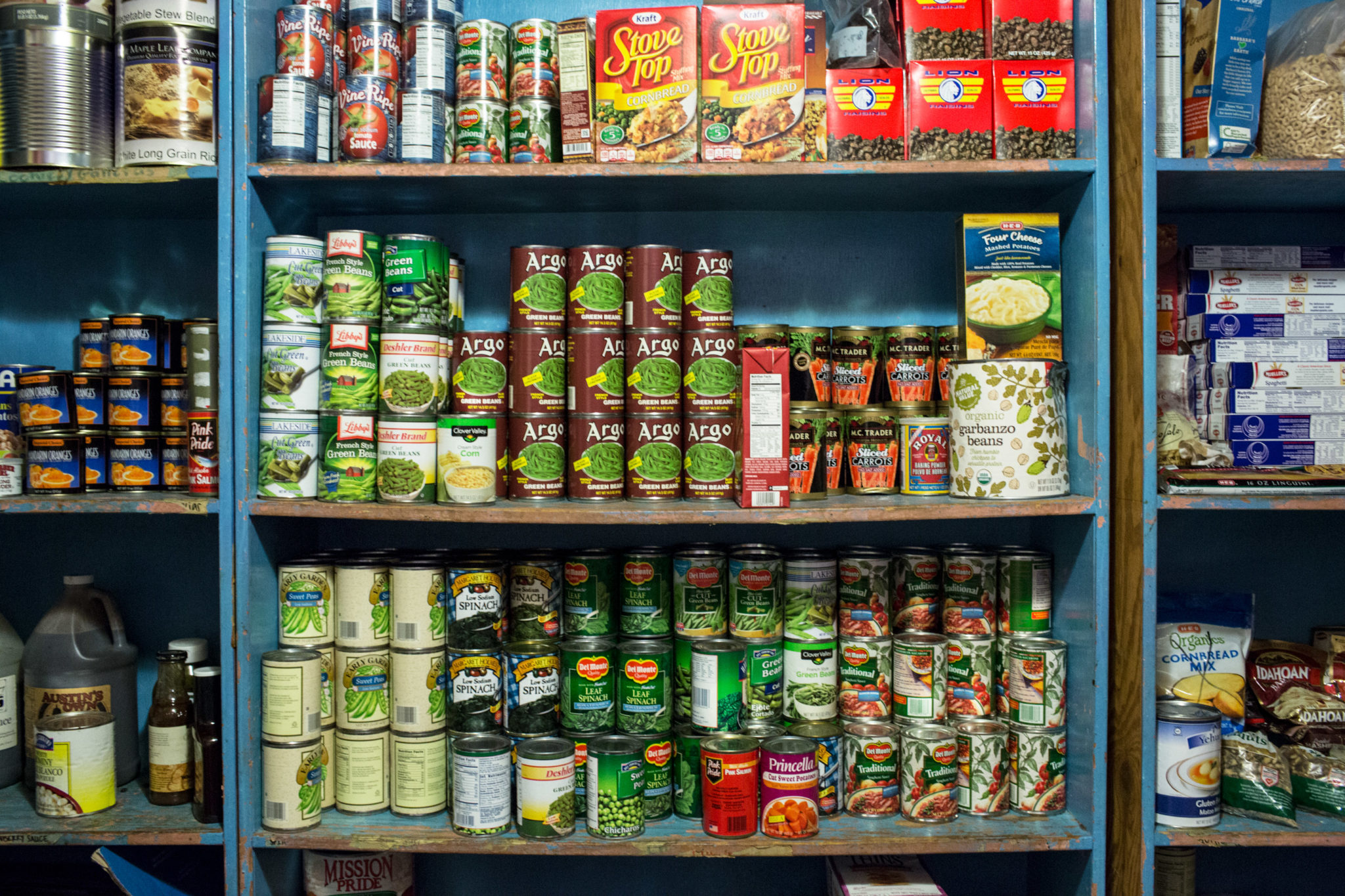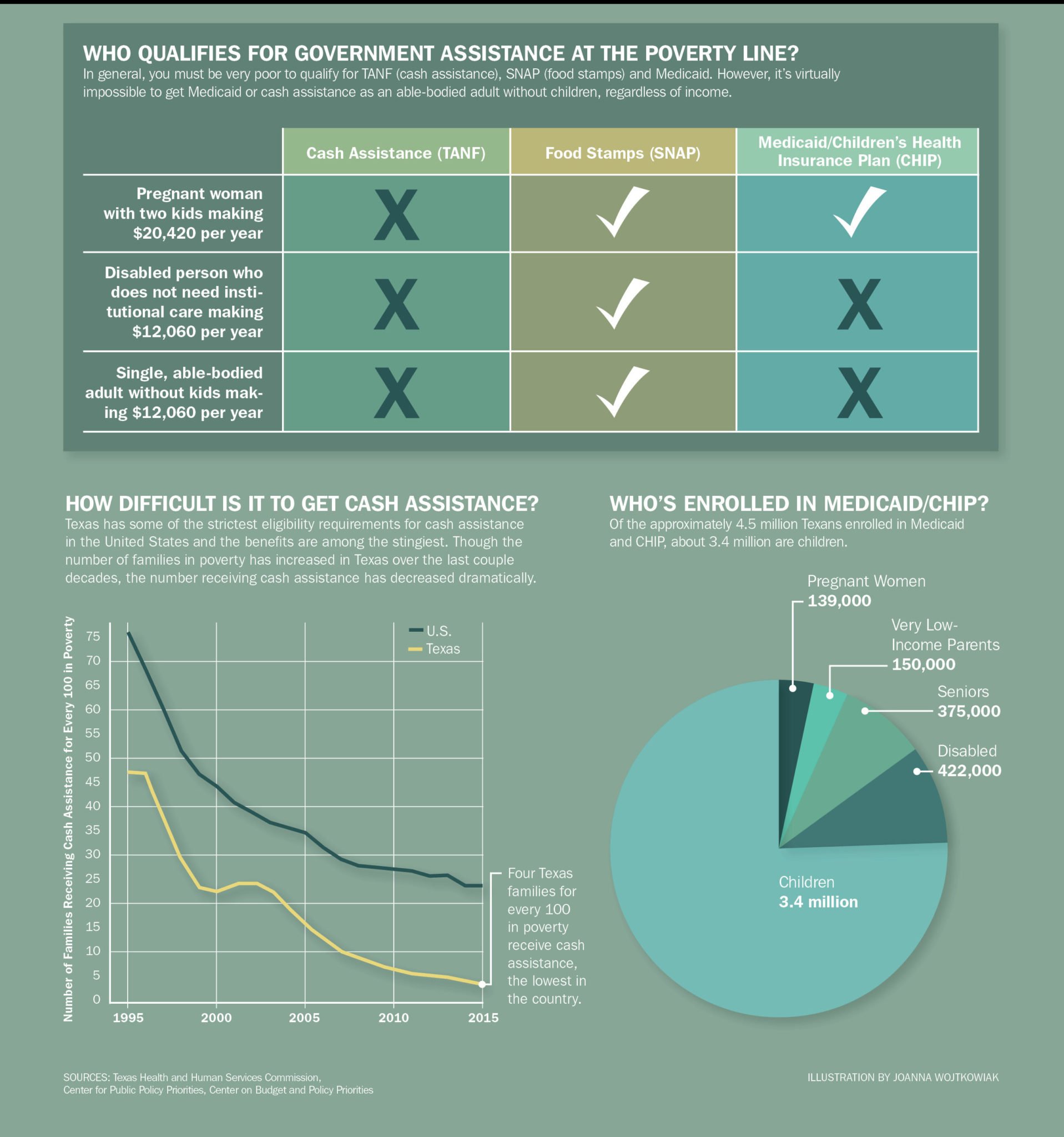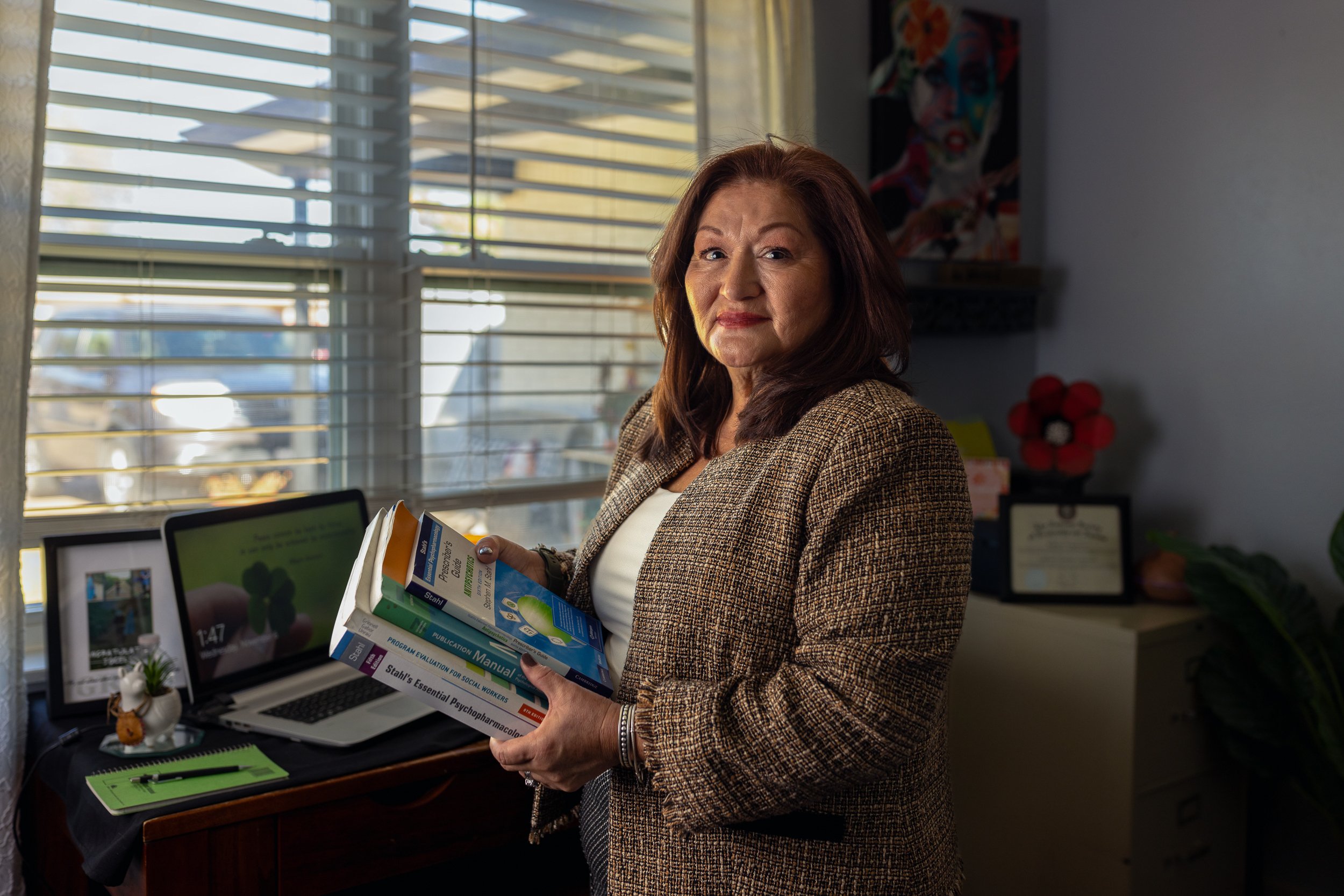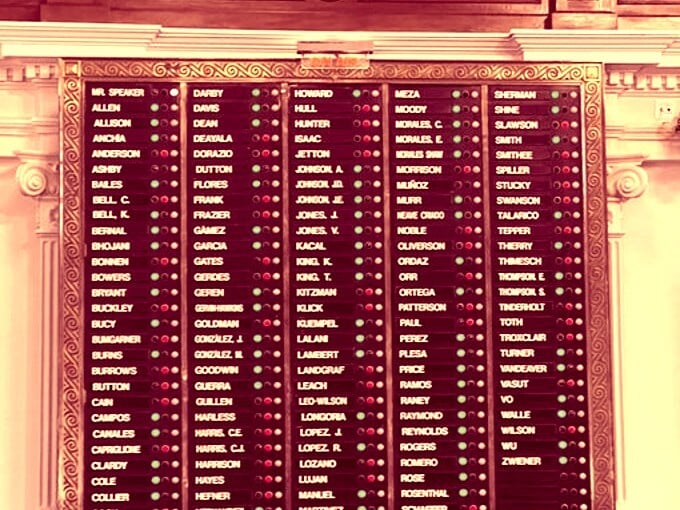
Proposed Changes to SNAP in the Farm Bill Could Leave Rural Texans Hungry
The changes would waylay working-class families in small-town Texas, where a country-to-city exodus has caused some rural economies to flounder, advocates say.

Libby Campbell hates to see people in West Texas go hungry, but that’s exactly what could happen if Congressional Republicans follow through with their plan to cut off food aid to those who miss one month of work. Campbell is the executive director of the West Texas Food Bank, which serves 19 mostly rural counties surrounding Odessa. She said some of the region’s 56,000 adults and children enrolled in the Supplemental Nutrition Assistance Program (SNAP) could be left in the lurch by lawmakers’ get-tough-on-freeloaders rhetoric.
“It’s a vast rural community we service,” Campbell said. “They are located in food deserts. … SNAP gives people access to food they wouldn’t normally have access to.”
This month, the GOP-controlled House Agriculture Committee released its draft of the 2018 Farm Bill, the sprawling, $867 billion omnibus legislation that funds commodity crop price supports, food stamps and a wide range of other farm and nutrition initiatives. Included in the bill’s text is a proposal to impose stricter work requirements on people who receive benefits through SNAP, formerly called the food stamp program.
An estimated 5 million to 7 million people nationwide would be affected by the proposed restrictions, and as many as 1 million people could be forced off the program in the next decade, the Washington Post reports.

In order to get benefits currently, Texans ages 18 to 59 who aren’t disabled or pregnant must work part-time or agree to take a job if offered. The proposed rules would require those individuals to work at least 20 hours per week regularly within a month of joining the program, or risk being booted from SNAP for 12 months. Though parents of children younger than 6 would be exempt, anti-hunger advocates say the tighter restrictions would waylay working-class families, especially in small-town Texas, where a country-to-city exodus has caused some rural economies to flounder.
In Texas, SNAP participation is slightly higher in less populated areas than in big cities, a trend attributed to rural poverty. “They’re going to be hit hard in these areas,” said Celia Cole, CEO of Feeding Texas, an organization that advocates for a statewide network of food banks.
The move to inject stricter SNAP rules into the Farm Bill is part of the larger Republican agenda to reduce what party leadership views as Americans’ over-reliance on government cheese. The problem, the thinking goes, is that we make it too easy for people not to work. Retiring House Speaker Paul Ryan said he views stricter work requirements as “the final installment” of the agenda. Never mind that SNAP pays on average $254 a month — hardly enough to stand in for an actual job — and 52 percent of working-age SNAP recipients work during the month they receive benefits. It’s just that many of them are in unstable jobs with unpredictable hours or in jobs that don’t pay enough to make ends meet.
“They are located in food deserts. … SNAP gives people access to food they wouldn’t normally have access to.”
Under the proposed rules, SNAP recipients who don’t meet the minimum work requirements can instead opt to enroll in a workforce training program. Midland Republican Mike Conaway, who chairs the U.S. House Agriculture Committee and is the lead architect of the Farm Bill draft, has called the training provisions “a springboard out of poverty to a good paying job.” The West Texas Food Bank is in Conaway’s Congressional district.
Many states, including Texas, already have workforce training programs in place for SNAP recipients, but there’s little evidence that they’re effective. The most recent U.S. Department of Agriculture review of the programs, conducted in 1994, found that the programs were mostly unsuccessful. In Texas, a lack of funds for effective workforce training programs means that “training” usually consists of recipients simply applying for jobs to fulfill the program’s quota, said Rachel Cooper, senior policy analyst at the Center for Public Policy Priorities.
“What ends up happening is people jumping through hoops, checking off boxes, pushing paperwork,” Cooper said. “If they can’t do that for one month [under proposed rules], they will be sanctioned. … That’s not helping any child get fed. That’s not helping any American become a better worker.”
The Farm Bill draft proposes a nearly tenfold increase in funding for SNAP work training programs (from $90 million to $1 billion), which Conaway argues will make those initiatives more effective. But Cooper and other critics say scaling up training programs for the estimated 3 million people who suddenly will be required to enroll will be a herculean task for states.
Kermit Kaleba, director of federal policy at the National Skills Coalition, told Politico this week that embarking on such an effort would be tantamount to building half of the nation’s community colleges from the ground up. An agriculture committee aide said that the proposed work requirements wouldn’t take effect until 2021, more than enough time for states to beef up their training programs. “The states are going to need a little transition time to figure out who can be their partners in providing many of these services,” the aide said.
The worst-case scenario, anti-hunger advocates say, is that people who need SNAP will leave the program, either because they’re forced off it or because the new requirements are too burdensome. In lieu of SNAP, hungry Texans will turn to other forms of assistance, such as Campbell’s food bank. “It’ll put stress on food banks and local feeding agencies to help out and step in,” she said. Campbell said Feeding Texas has a good line of communication with Conaway, and she hopes he’ll take her concerns into account during the “marathon” of passing the Farm Bill. “This is part of the process,” she said.


